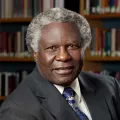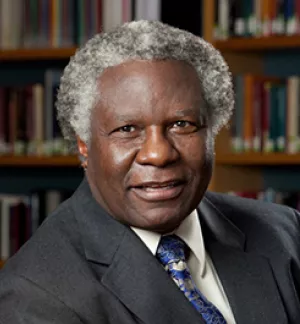"Education and human capacity building in Africa have many well-publicized problems, including low enrollment and completion rates. One of the most distressing facts about many African school systems is that they often focus little on teaching students to maximize the opportunities that are available to them in their own communities; rather, they tend to prioritize a set of skills that is less applicable to village life and encourages children to aspire to join the waves of young people moving to urban areas. For some students, this leads to success, but for many more it leads to unfulfilled aspirations, dropout rates, and missed opportunities to learn crucial skills that will allow them to be more productive and have a better standard of living in their villages. It also results in nations passing over a chance to increase agricultural productivity, self-sufficiency, and human resources among their populations.
Education and Agriculture
African leaders have the unique opportunity to use the agricultural system as a driver for their economies and a source of pride and sustainability for their populations. About 36% of all African labor potential is used in subsistence agriculture. If that percentage of the population could have access to methods of improving their agricultural techniques, increasing production, and gaining the ability to transform agriculture into an income earning endeavor, African nations would benefit in terms of GDP, standard of living, infrastructure, and economic stability. One way to accomplish this is to develop systems—both formal and informal—to improve farmers' skills and abilities to create livelihoods out of agriculture rather than simply subsistence...."
Juma, Calestous. “Human Capacity.” January 2011




